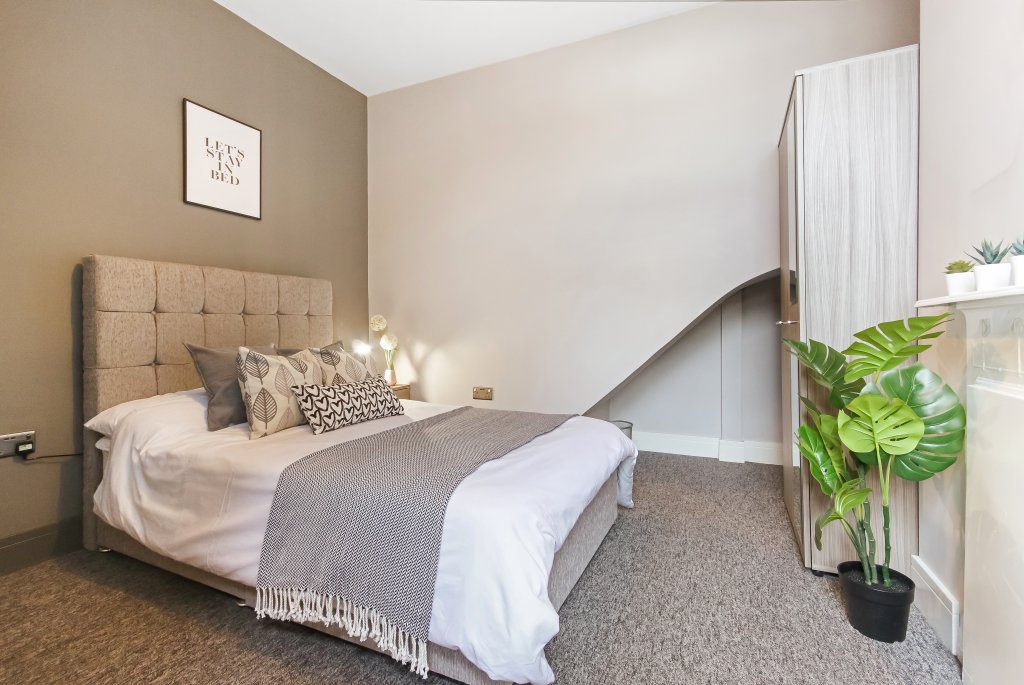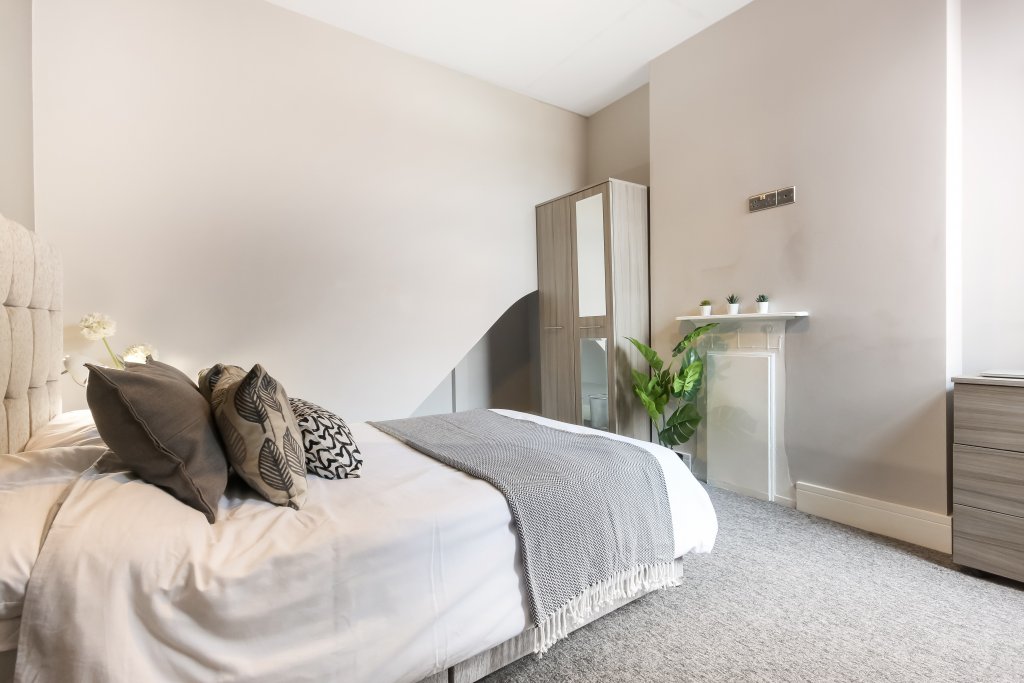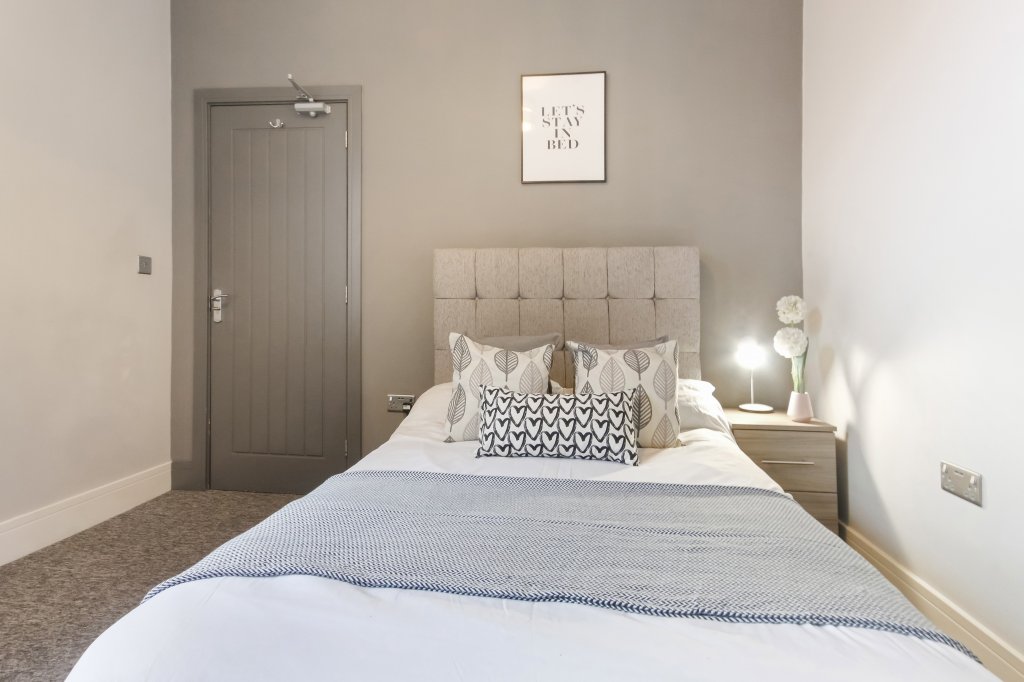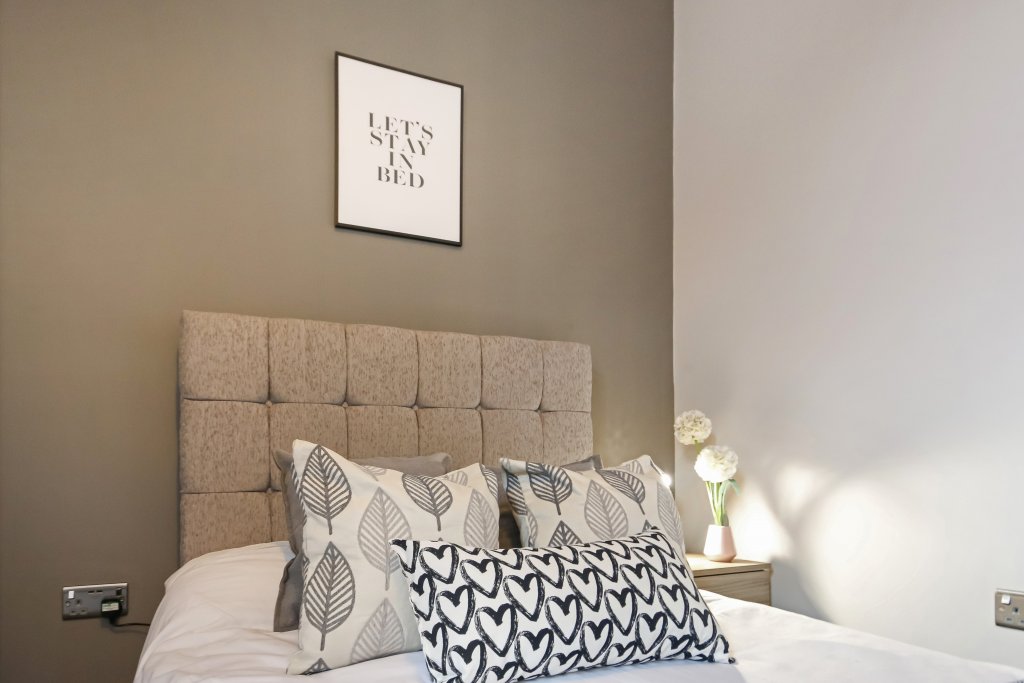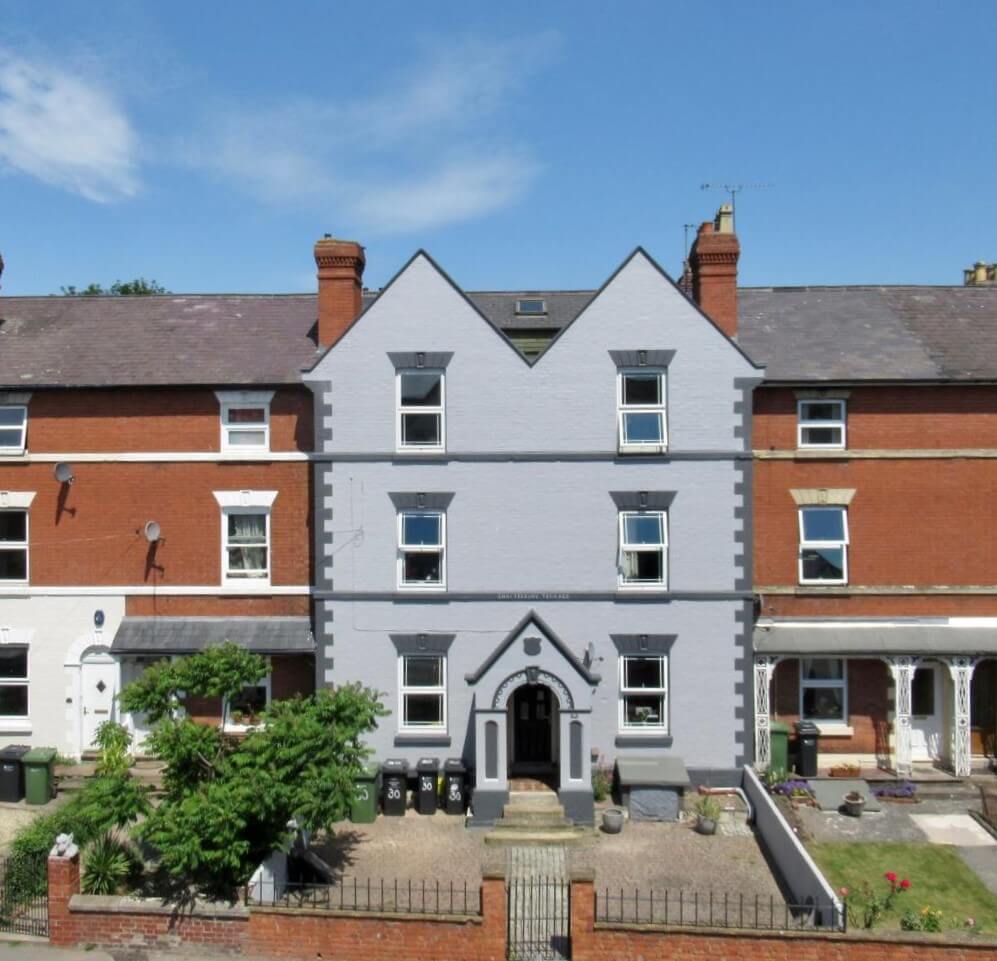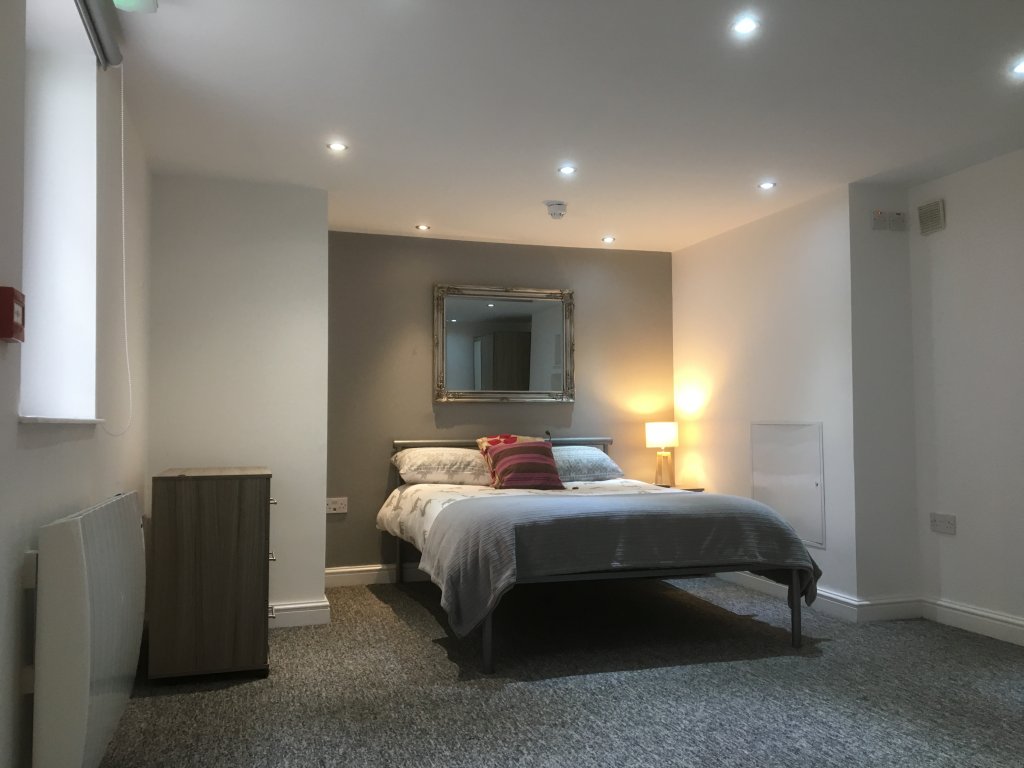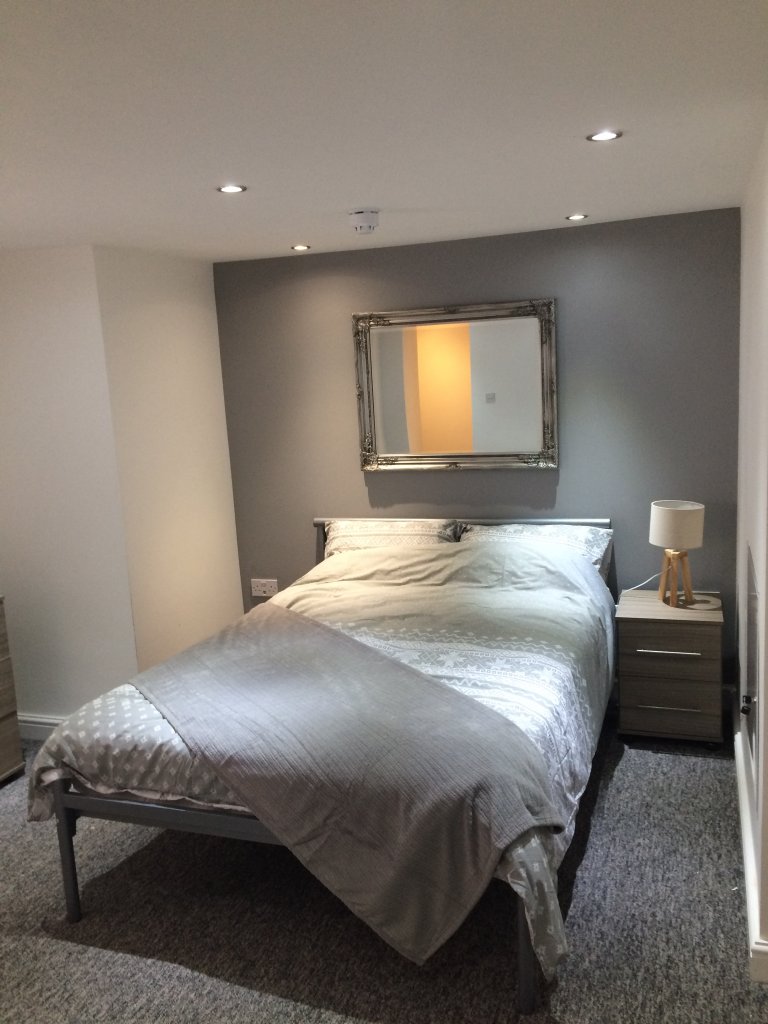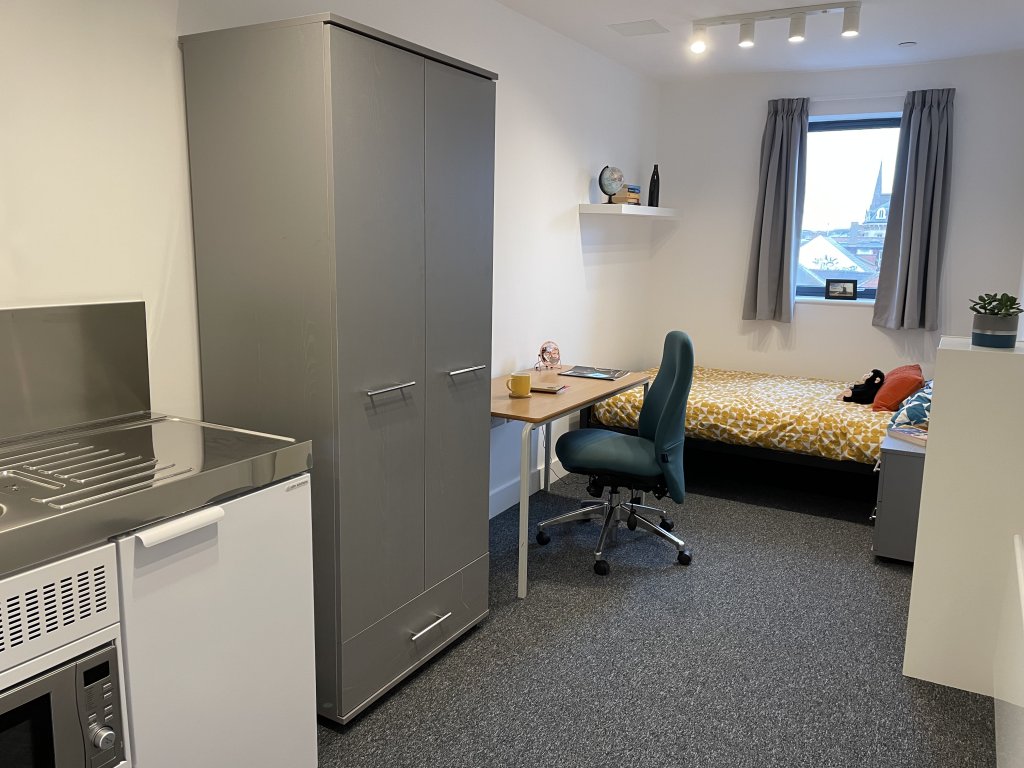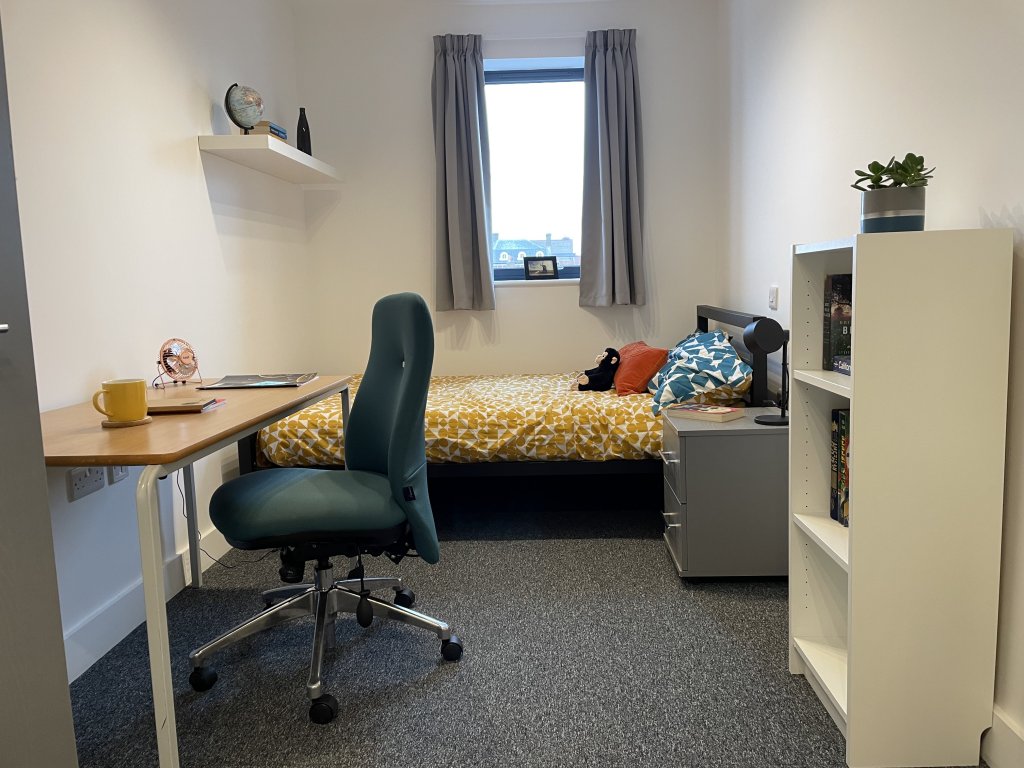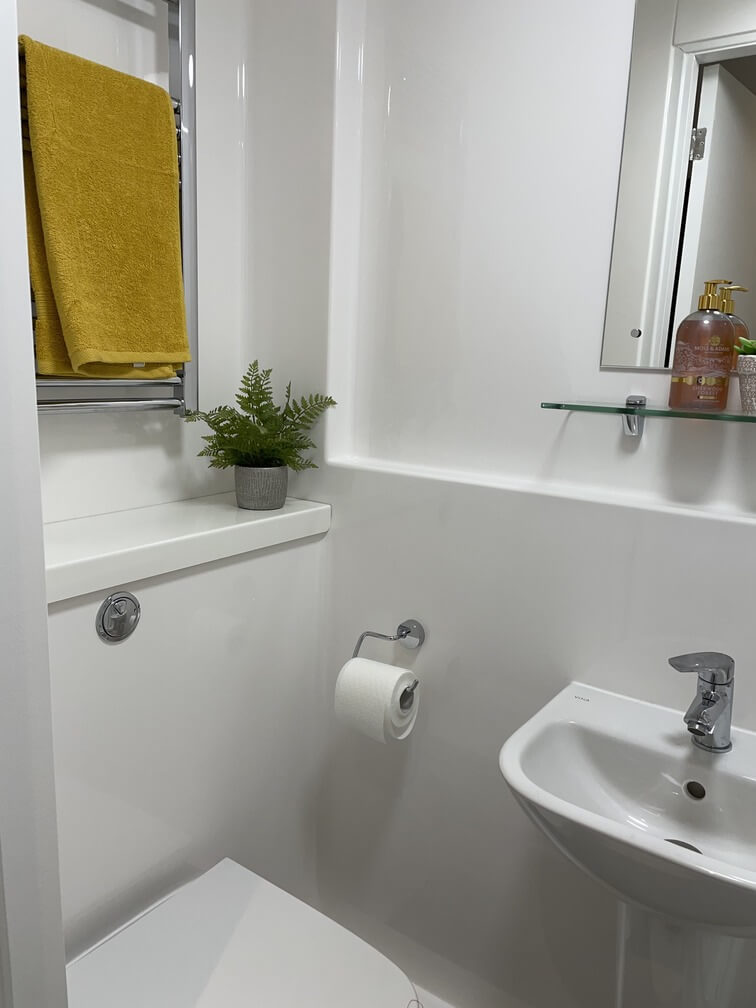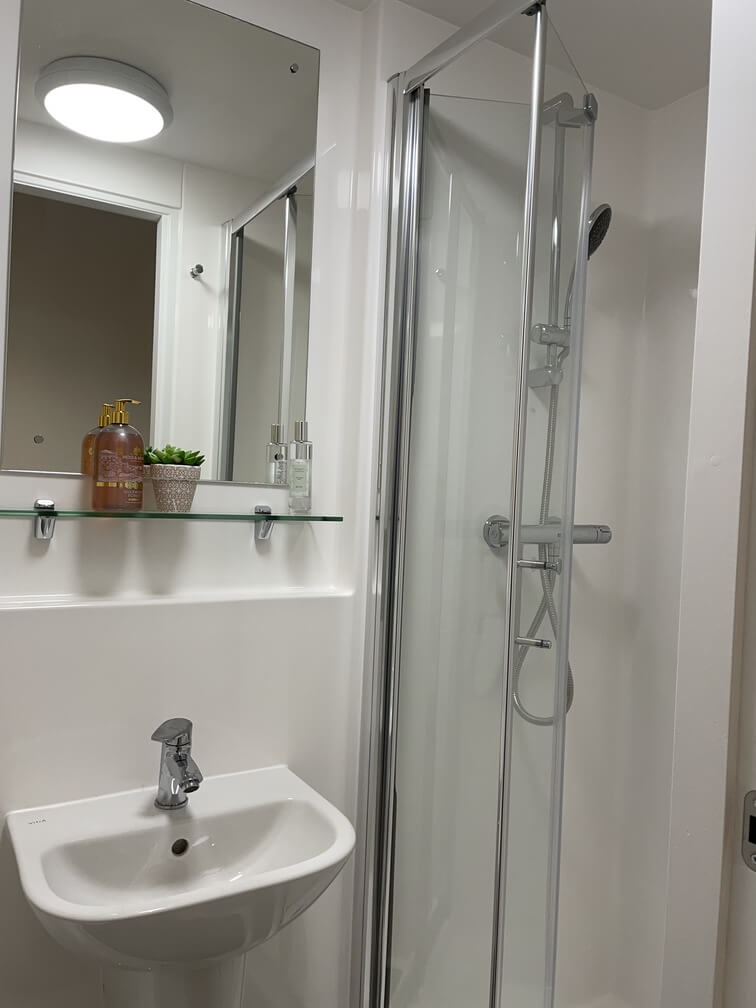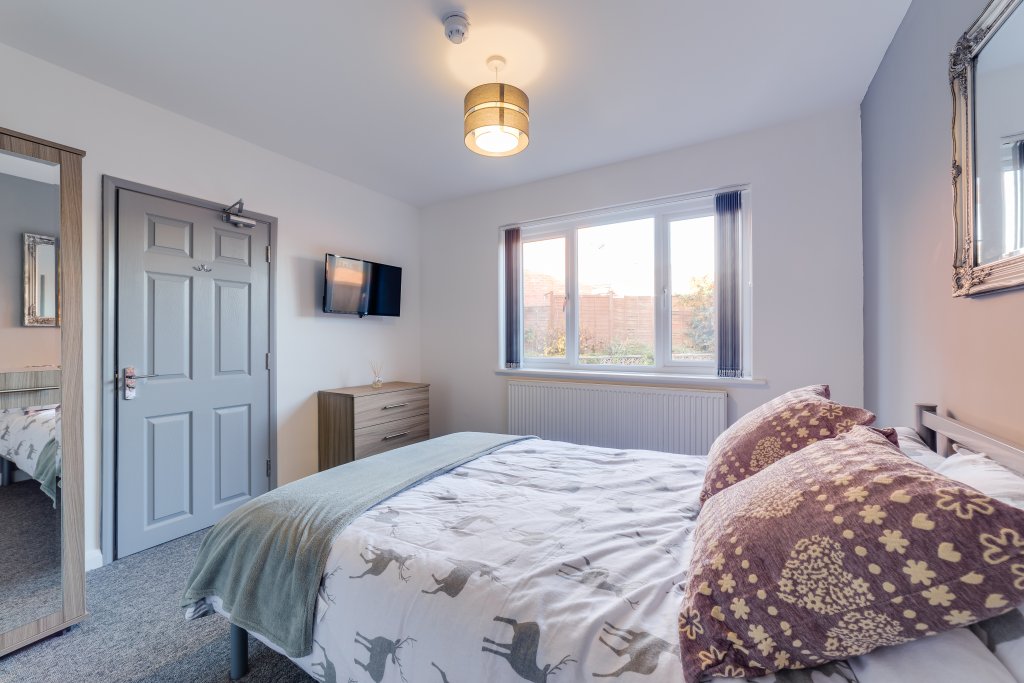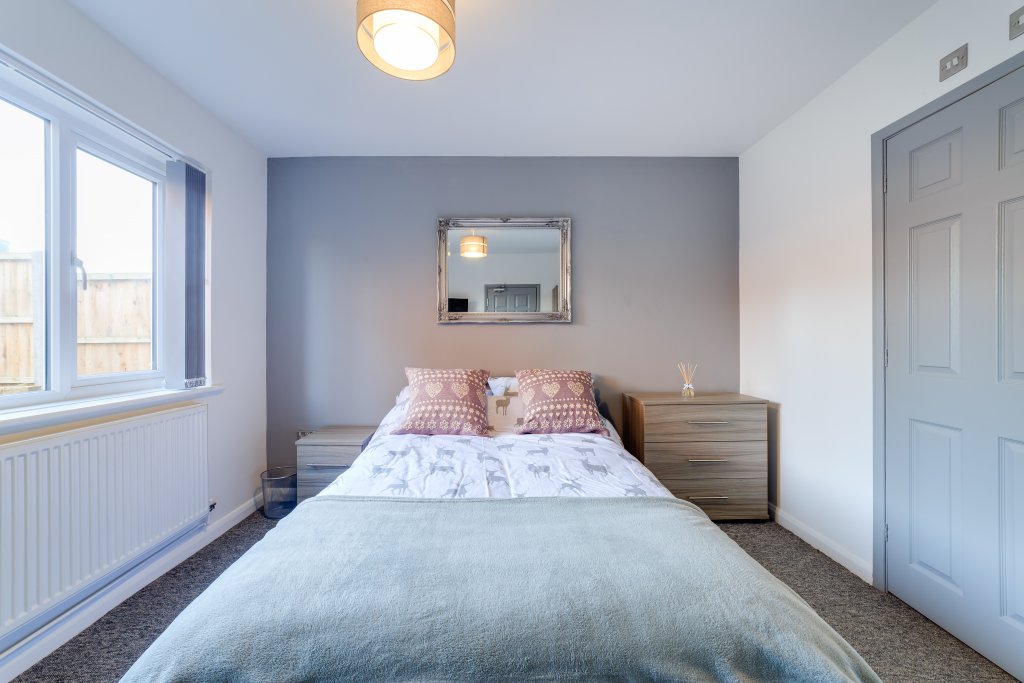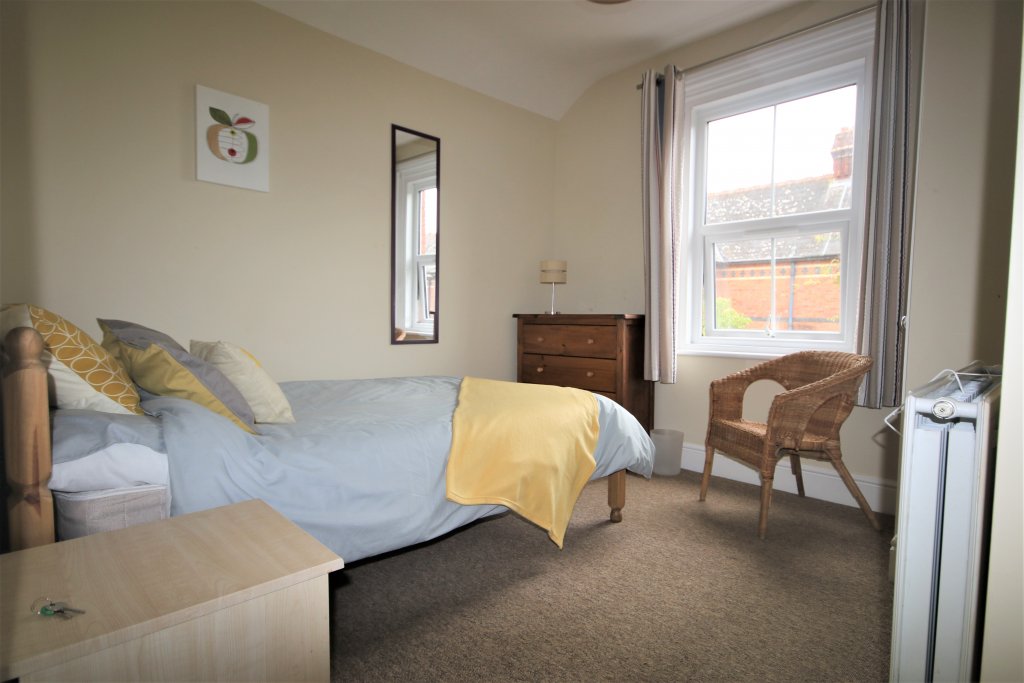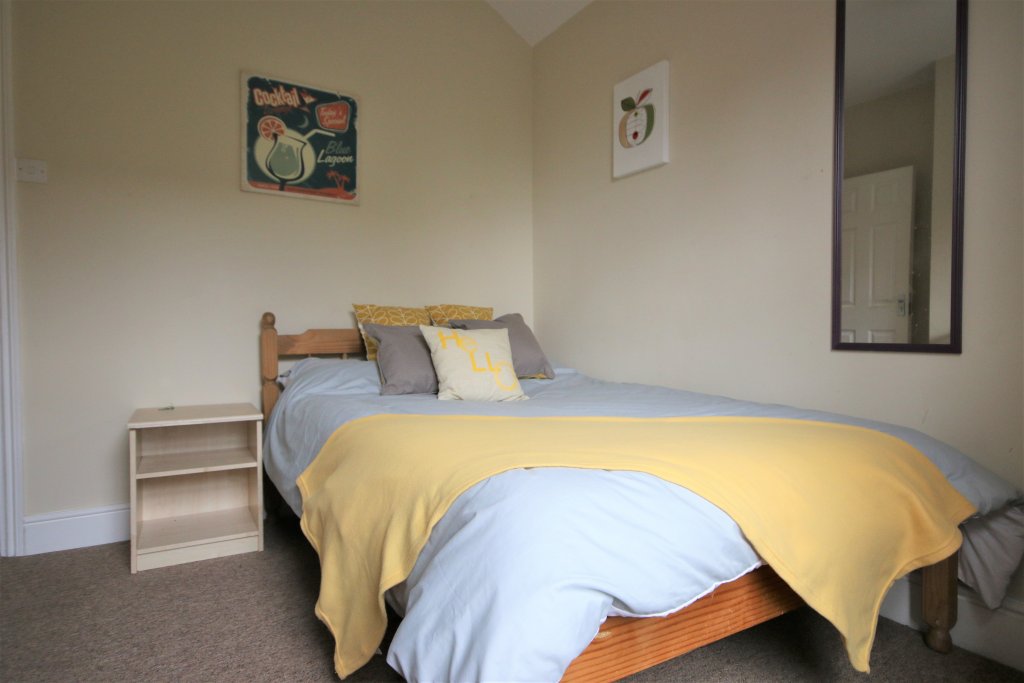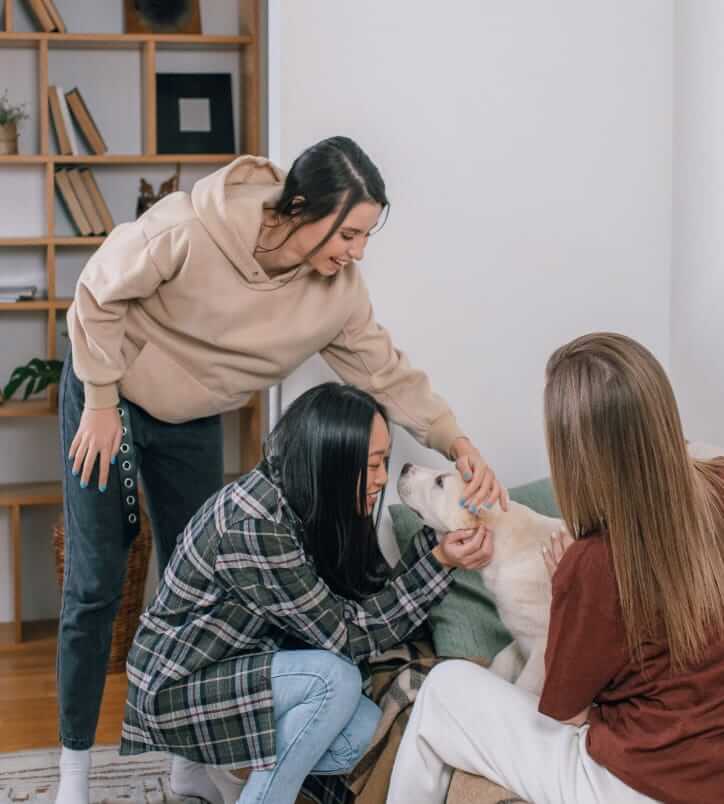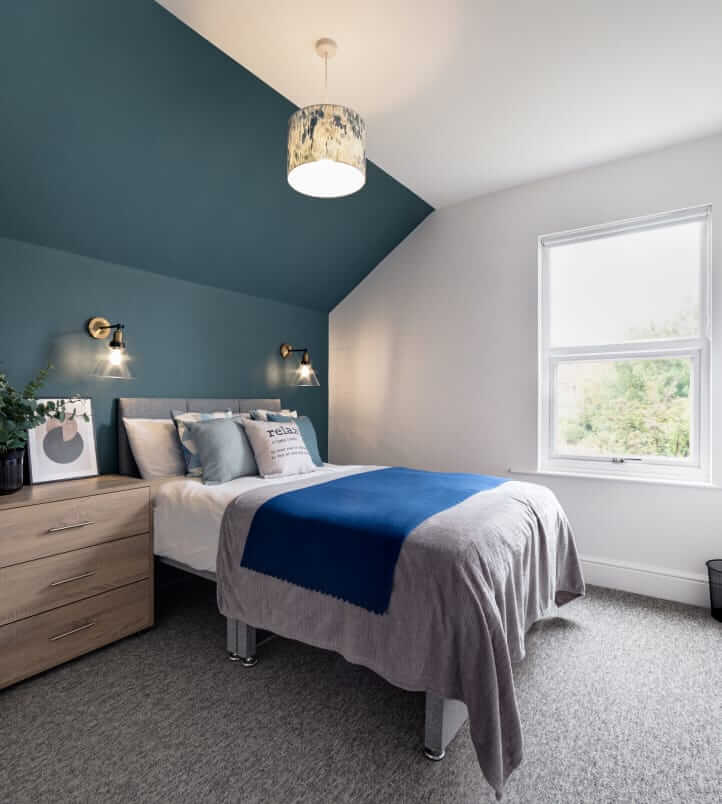HMO Management: Tenant Safety – A You a Responsible Landlord?

The topic of tenant safety in buildings is very topical at the moment, especially with such awful accidents such as the fire at Grenfell Tower happening. There needs to be a clam down and lot of scrutiny on landlords who are not providing safe environments for their tenants to live in. In this short blog article, we want to outline the basic fire safety precautions you will need, as well as Gas and Electrical Safety to ensure your HMO is fully compliant and you can feel happy your tenants are safe. At the end of the day if there was a dreadful accident, you, as long as you as the landlord, can prove you have done everything you could to reduce the risk of a fire then that’s all we ask. Many do not and this is why landlords get a bad reputation. These precautions are especially important in shared houses where there are lots of tenants living where the properties are usually much larger. Pay attention and make sure you are doing everything to put the safety of your tenants first.
Fire Safety
We have already talked quite a lot about fire safety in previous blog posts and videos but we will recap here. Landlords are responsible for putting the correct fire precautions in for the property. These vary from sizes of shared houses and HMOs but many professional and good landlords now days are putting in higher levels of safety precautions that required to ensure the tenants are safe.
As you will remember licensable properties require an L2 Fire Alarm system which includes hard wired inter linked smoke detectors in each room and heat in the kitchen. You would also require a fire panel for this system. Smaller HMOs may well only require an L3 system which includes just heat in the kitchen and smoke in the sitting room and if there is a basement or attic smoke there too. It is vital you check the fire system in EACH house weekly and log it. If you find any faults you must deal with it immediately.
You should also be putting in 30-minute fire doors with intermissent strips, thumb turns and fire-resistant hinges. Fire extinguishers are required in the kitchen and then on each floor level and you must put a fire blanket attached to the wall in the kitchen.
Your HMO should also have a 30-minute fire protected escape route which means tenants can exit the property without encountering any high-risk rooms such as the kitchen. These fire escapes can also include windows from cellars and first floors. Corridors should be over boarded with fire resistant plaster board (red) which provides an hour escape time.
Larger HMOs may well warrant a sprinkler system and if so many of the above regulations are not relevant as sprinkles are the best however they are very expensive and most landlords only out them in where building control insist.
Other things to look for would be escape routes being blocked by larger items such as bikes, tenants overloading sockets on your inspections, cookers being properly sited for example not near flammable material such as curtains as well as ensuing there are sufficient facilities for drying clothes as tenants have a habit of hanging clothes over portable heaters they sneak in.
Gas Safety
The consequences of failing to maintain gas safety can be disastrous risking the lives of your tenants and property. No tenants are responsible for gas safety. ONLY you the landlord is and is is YOUR responsibility. Even when an agent is appointed, it is still the landlords responsibility to ensure gas safety is up to scratch. Obviously a good agent will be on top of it but is worth the landlord still double checking.
The main thing the landlord needs to ensure happens in an ANNUAL Gas safety certificate is carried out by a Gas Safety registered engineer. This means on all gas appliances such a range cookers or boilers as well as flues in the property. You must then give your tenants a copy of the gas cert BEFORE they move in and then an updated one annually. Relo email a copy before any tenant moves in and then display one of each house notice board.
Tenants should be shown where the emergency gas control valve is just in gas of a leak. We also like to display emergency phone numbers direct to the gas supplier if tenants can smell gas.
Similar to gas, each HMO you have must have at least one carbon monoxide alarm in and must be positioned at least 1 meter away from the boiler. We suggest having one in the kitchen and one near the boiler.
Electrical Safety
With over 30,000 electrical accidents each year landlords must ensure the electric systems in their properties are safe and well maintained. All broken electrical switched must be repaired.
The consumer unit, fixed wired, light fittings and switches etc must be safe at all times which means neat and careful wiring is carried out by a good electrician and you haven’t got cables in a mess everywhere. Cables should be no more than 100 mil from where they are meant to be running down and should have enough slack in them to mean is someone accidental drilled into it it would move to the side and not into the wire.
A landlord must ensure there are enough electrical sockets for each tenant, we usually suggest a minimum of 4 double sockets per room so tenants arnt tempted to over load sockets.
You must get an Electrical Installation Condition Report (formally called a Periodic Inspection Report) carried out by a qualified electrician (someone with Part P Certification Scheme) which just identifies any deficiencies against the wiring regulations.
Landlords must also ensure portable electrical appliances such as kettles and toasters supplied in a shared house are safe by carrying out annual PAT tests. This also includes any new portable electrical appliances tenants bring into the property such as heaters.
We hope that gives you a little more information on the responsibilities as a landlord you need to be providing for you tenants and gives you something to think about if you are not carrying out all of the above items. Just remember at the end of the day, you are responsible for your tenants and need to be putting provisions in place to give them the best level of protection from fire, gas and electrical faults that may occur. Accidentals like Grenfell Tower remind us that such horrible accidents do happen and people can die if you are not providing the correct safety precautions.
If you have any questions on for would like some more information on the safety precautions for you HMO then why not book in Relos One Hour FREE no obligation consultation and see how we can help you ensure your property is fit for tenants.
